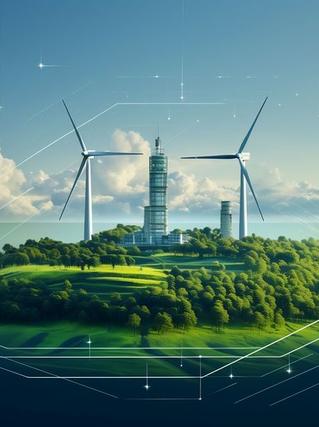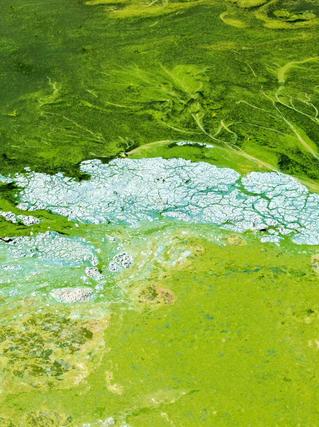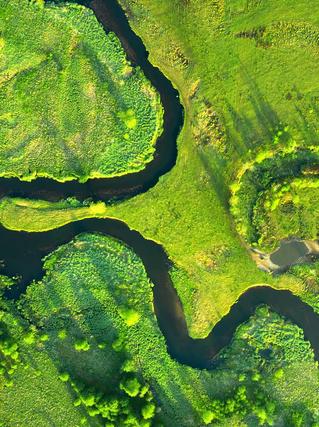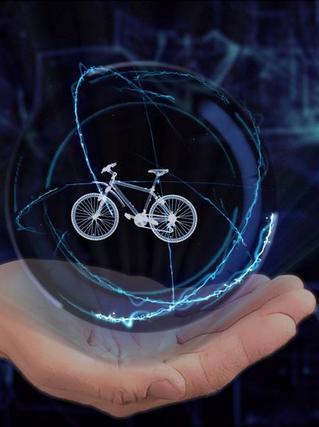
Bæredygtighed

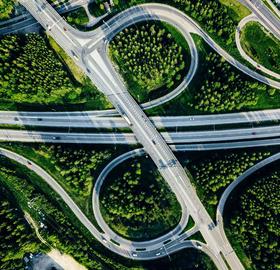
Bæredygtighed er en stor og kompleks agenda. Derfor er der brug for konkrete handlingsplaner, som kan
hjælpe virksomheder med at sikre bæredygtig forretningsudvikling side om side med overholdelse af
gældende krav og lovgivning.
Bureau Veritas hjælper danske og globale virksomheder, der lige nu står over for udfordringer med
beregning og rapportering af bæredygtighed. Vi skaber klarhed over opgaven, men kan også bringe et større
perspektiv ind i det strategiske arbejde med virksomhedens bæredygtige omstilling. For bæredygtighed er
ikke kun miljøhensyn. Det er også social og økonomisk bæredygtighed.
Inden for bæredygtighed hjælper vi bl.a. med:
Brug for os?
Lovgivning, teknologi og viden om bæredygtighed udvikler sig hele tiden - og det gør vi også. Tag derfor gerne kontakt, hvis du står overfor en aktuel problemstilling, vi skal se på sammen.
Tomas Jørgensen, Business Developer Sustainability
Telefon: +45 2684 4199 | Mail: tomas.jorgensen@bureauveritas.com
WAKE UP ⏰
Få et ugentligt boost til dit arbejde med bæredygtighed. Vores 4 bæredygtighedseksperter tager hver mandag morgen fat om et højaktuelt emne. Så du kan komme hurtigere til løsningerne.
Tilmeld din email og følg med...
